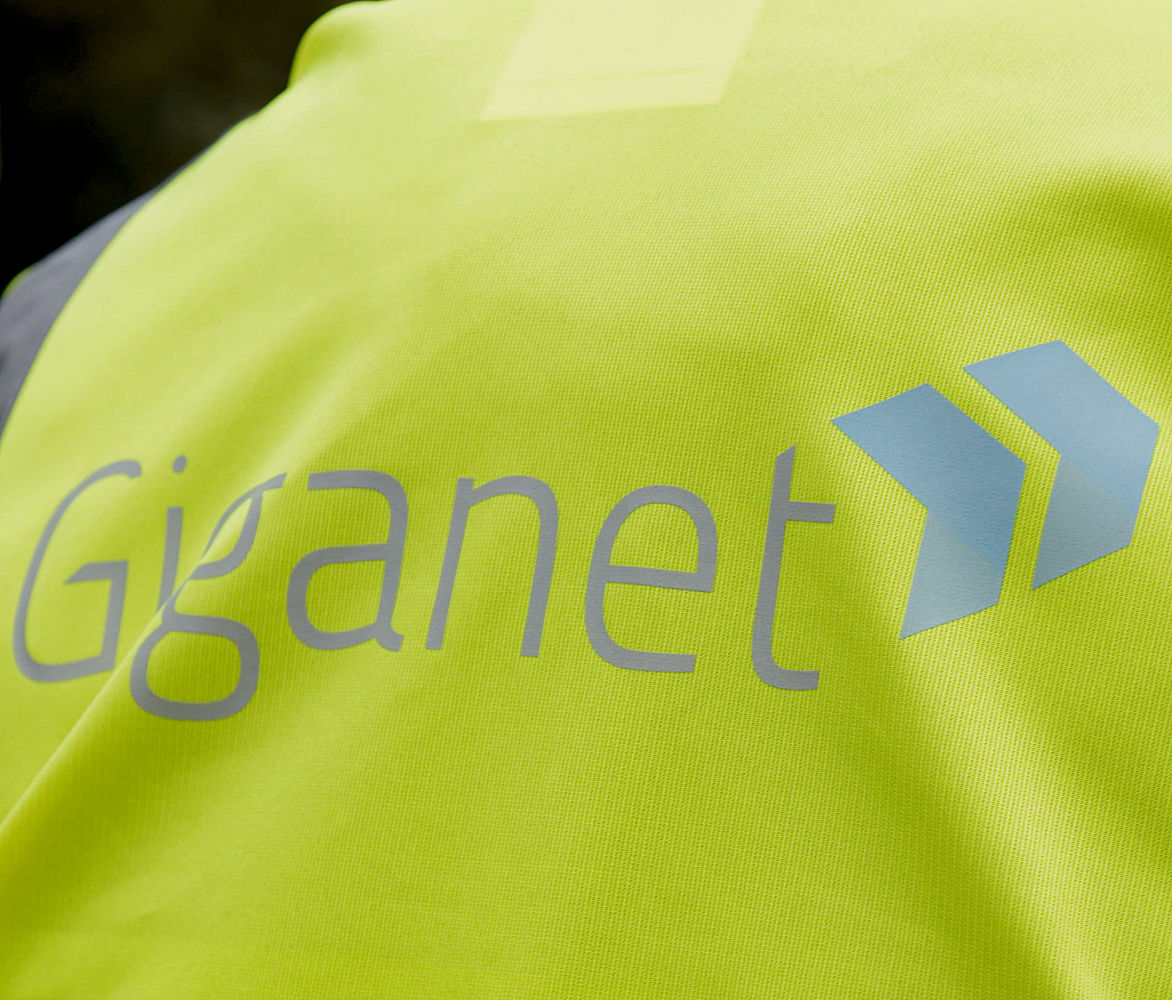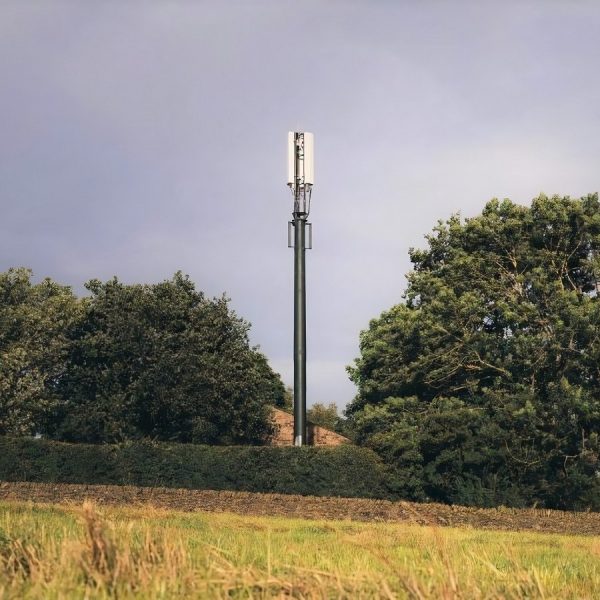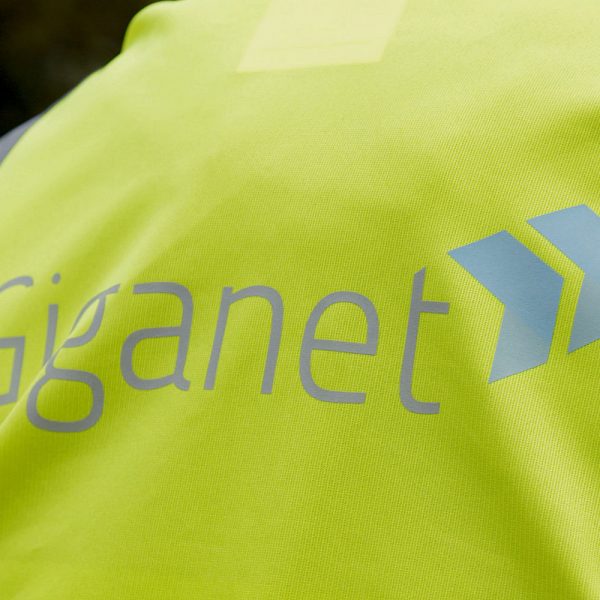Which? UK Study Finds Broadband is Essential, But 68% Suffer Problems
A new Populus survey of 2,107 UK homes from Which? has found that 90% of people view broadband as being “essential” (just below water, food, energy supply and housing), but 68% have suffered problems with their connection in the past 12 months and three in ten get sub-10Mbps speeds.
The fact that three in ten of the respondents reported receiving speeds of less than 10Mbps, which is incidentally the Government’s starting point for a future Universal Service Obligation (USO), is no surprise because nearly 60% of broadband connections in the United Kingdom are still using older and slower ADSL (up to 8Mbps) / ADSL2+ (up to 20/24Mbps) based pure copper lines.
It’s worth remembering that “superfast broadband” (24Mbps+) services are now available to around 91% of the country, although Which? seem to overlook this important point. The limited awareness of that availability can hamper take-up, as can the higher prices of such services vs existing ADSL solutions. On the other hand real-world speeds don’t always deliver on what has been promised.
The study also noted that two-thirds (68%) had experienced a problem with their broadband in the last 12 months, with the main issues being slower speeds than usual for a few minutes or up to a day (36%), intermittent connection drop-outs (35%) and slower speeds for a day or more (25%).
However it’s important to point out that such problems aren’t always the ISPs fault and these can just as easily be caused by issues with your WiFi, computer, remote Internet servers / content or software settings etc. Sadly such surveys may be unable to spot these important distinctions because even end-users can often be uncertain of the true cause.
Alex Neill, Which?’s MD of Home and Legal Services, said:
“This research underlines again just how important broadband is to our everyday lives. Yet many of us are still experiencing persistent service interruptions and a large proportion of the population can’t access usable speeds to carry out the most basic tasks.
The government must urgently press ahead with its reforms to give us the faster and more reliable broadband connections we all need.”
At this point we note that Which?’s official press release puts their support behind the Government’s forthcoming 10Mbps USO, although they make the cardinal sin of referencing Mb (Megabits) as MB (MegaBytes).
We’d of course be perfectly happy to see a future USO that could support 10 MegaBytes per second (that’s around 80 Megabits per second) rather than 10 Megabits per second, but we’ll forgive them for that oversight as plenty of people and even some ISPs have been tripped up by the big ‘B’ vs little ‘b’ conundrum 🙂 .
Meanwhile Which? wants the Government to “press ahead with its plans” for automatic compensation (here), which they say should apply “when people’s broadband speed dips below expected levels, or drops out entirely“. However as we hinted earlier, identifying which faults are the ISPs responsibility isn’t going to be an easy task.
Cllr Mark Hawthorne, LGA Chairman, said:
“Councils have long recognised that good digital connectivity is a vital element of everyday life for residents and can help them cut household bills, shop online for cheaper goods, stay in touch with distant relatives, access their bank accounts and even run their own businesses. As central and local government services increasingly become “digital by default”, more people will need to have faster and more reliable speeds.
We want to ensure everyone has good quality internet access. And while the recent announcement of new investment for digital infrastructure is good news, government must not lose sight of the needs of rural communities already struggling to receive a basic broadband service.
Local government is committed to exploring with the communications industry, regulators and government how best to ensure residents across the country can benefit from public investment in new technology wherever they live.
On behalf of our residents we have also called for the Government’s Universal Service Obligation to include a social tariff to ensure a basic service of at least 10Mbps is available at an affordable price, so that as many people as possible have access to this essential service.”
James Blessing, Chair of the UK ISPA, added:
“It’s no surprise that broadband is viewed as essential: the UK has a strong and leading digital economy and our members are continually innovating and investing in their networks. The UK broadband market is very competitive and Ofcom statistics show speeds and quality are improving year-on-year.
However, we recognise that more can always be done to improve services, which is why billions are being invested in our broadband infrastructure from a wide and growing range of providers across the UK.”
Elsewhere both the NFU Cymru’s Rural Affairs Board and the Country Land and Business Association (CLA) have today called for the Government to boost support for rural businesses, homes and farmers, not least in terms of pushing for better broadband connectivity in remote areas.
The government’s 10Mbps USO is of course being targeted towards helping those in the final 2-3% of the United Kingdom, where fixed line “superfast broadband” may be unable to reach (coverage is expected to hit around 97-98% by 2019).
Hedd Pugh, Chairman of NFU Cymru’s Rural Affairs Board, said:
“We know of several examples from across Wales where farmers have invested in new technology on farm, but because so much of this technology is dependent on broadband they are unable to take advantage of the benefits of this investment.
Quite often rural customers are paying the same amount for the restricted service they receive as urban customers who enjoy far better connectivity. More needs to be done to ensure that those living rurally are not disadvantaged by their locations – particularly as many services, including agricultural support, are now being moved exclusively online.
One of the big fears about the USO is that the Government might attempt to shirk some of their responsibility by taking the quick-fix option and pushing for subsidised Satellite broadband, which would not be greeted with open arms due to the technology’s limited data allowances, throttled speeds (particularly at peak times) and high latency woes.
So far very few operators have been attracted by the complex and costly challenges of supporting such a USO, although BT has suggested that it could deliver this using a mix of technologies, such as Long Reach VDSL (FTTC) and possibly also some Satellite. We’re expecting Ofcom to publish the results of their consultations on the USO and automatic consultation in the very near future.
Mark is a professional technology writer, IT consultant and computer engineer from Dorset (England), he also founded ISPreview in 1999 and enjoys analysing the latest telecoms and broadband developments. Find me on X (Twitter), Mastodon, Facebook and Linkedin.
« Stress Test for UK Broadband as BBC Trial 4K HDR Streams on iPlayer
Latest UK ISP News
- FTTP (5516)
- BT (3514)
- Politics (2538)
- Openreach (2297)
- Business (2262)
- Building Digital UK (2245)
- FTTC (2044)
- Mobile Broadband (1973)
- Statistics (1788)
- 4G (1664)
- Virgin Media (1619)
- Ofcom Regulation (1461)
- Fibre Optic (1395)
- Wireless Internet (1389)
- FTTH (1381)
























































Comments are closed